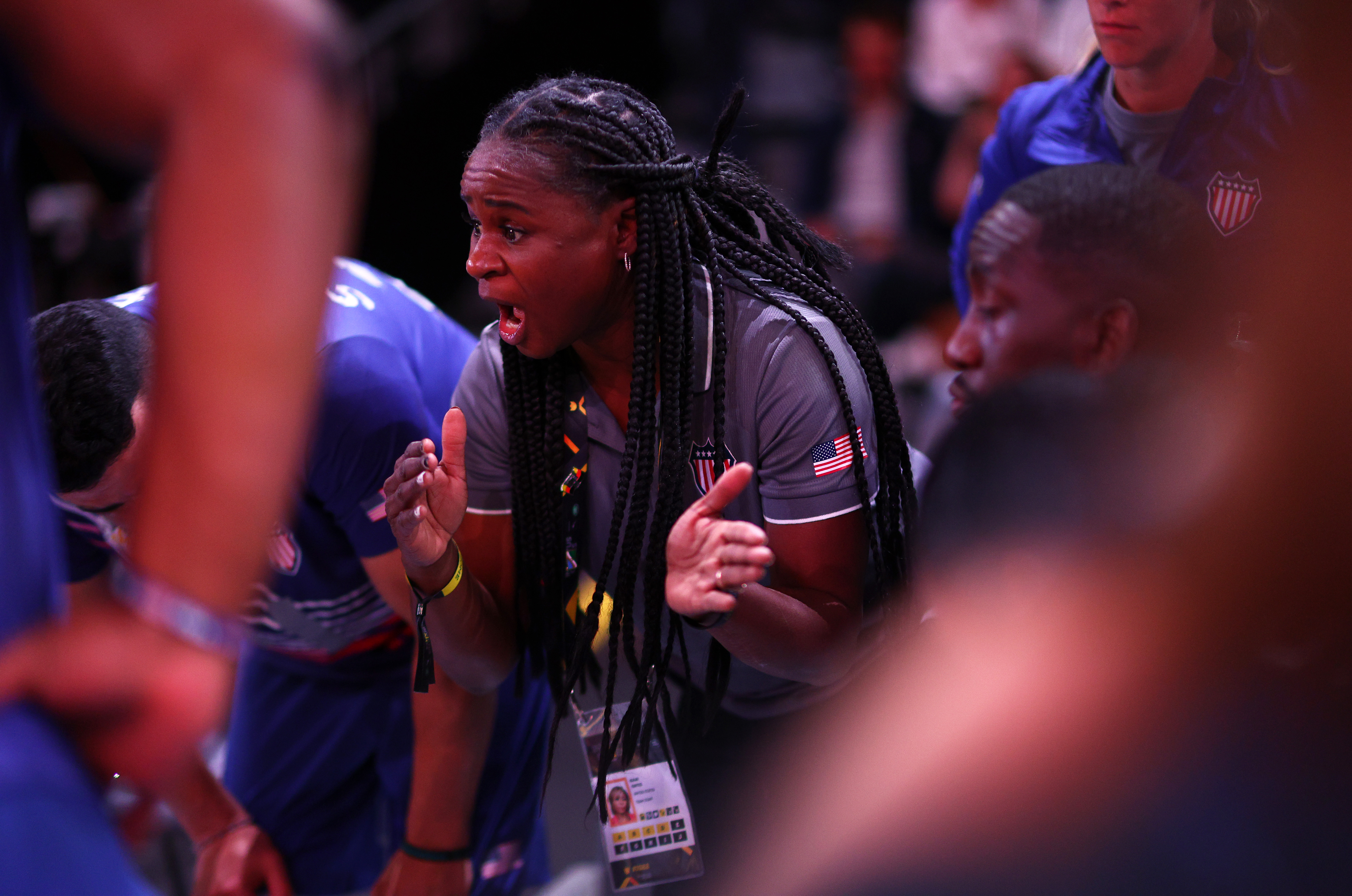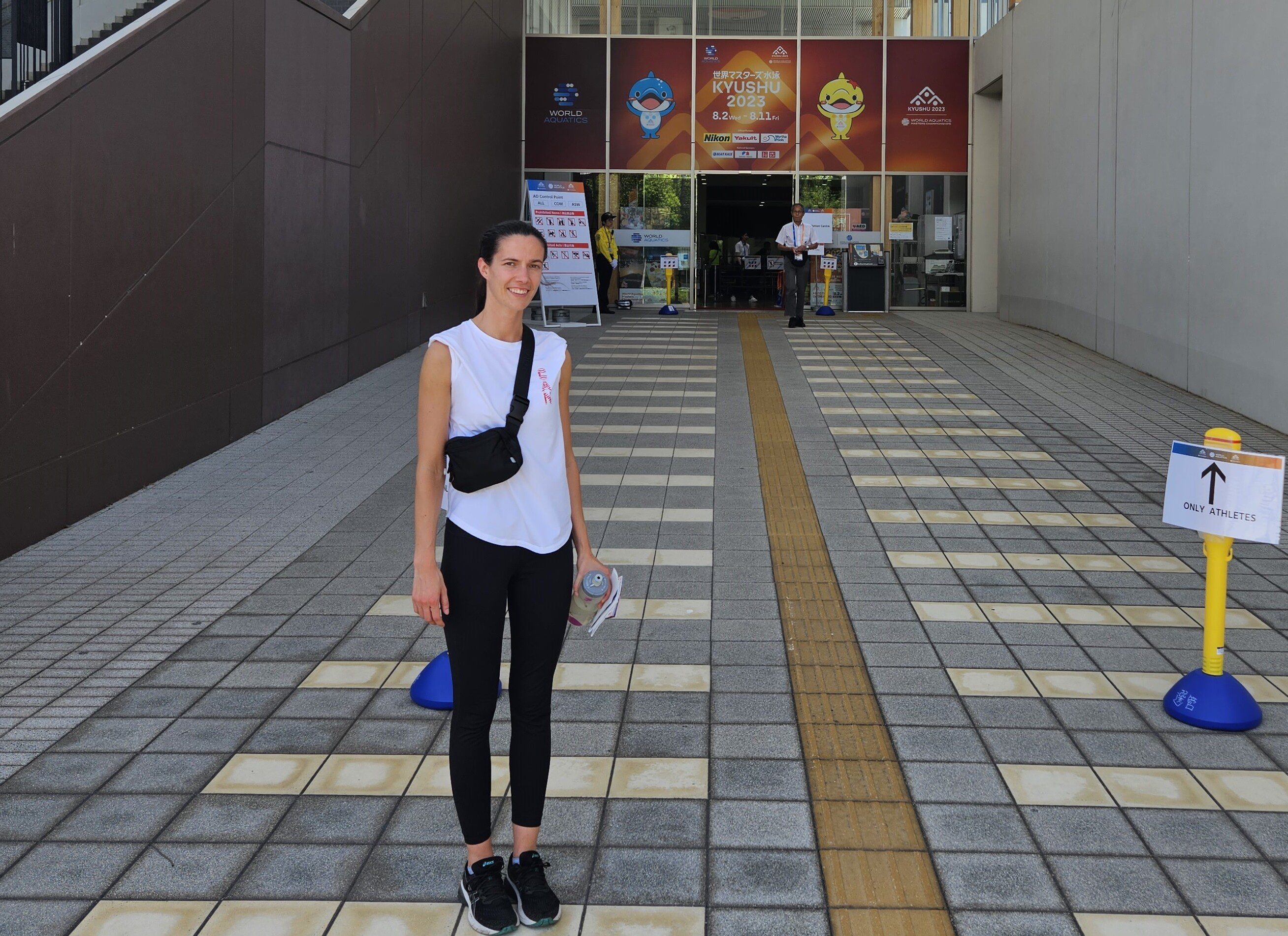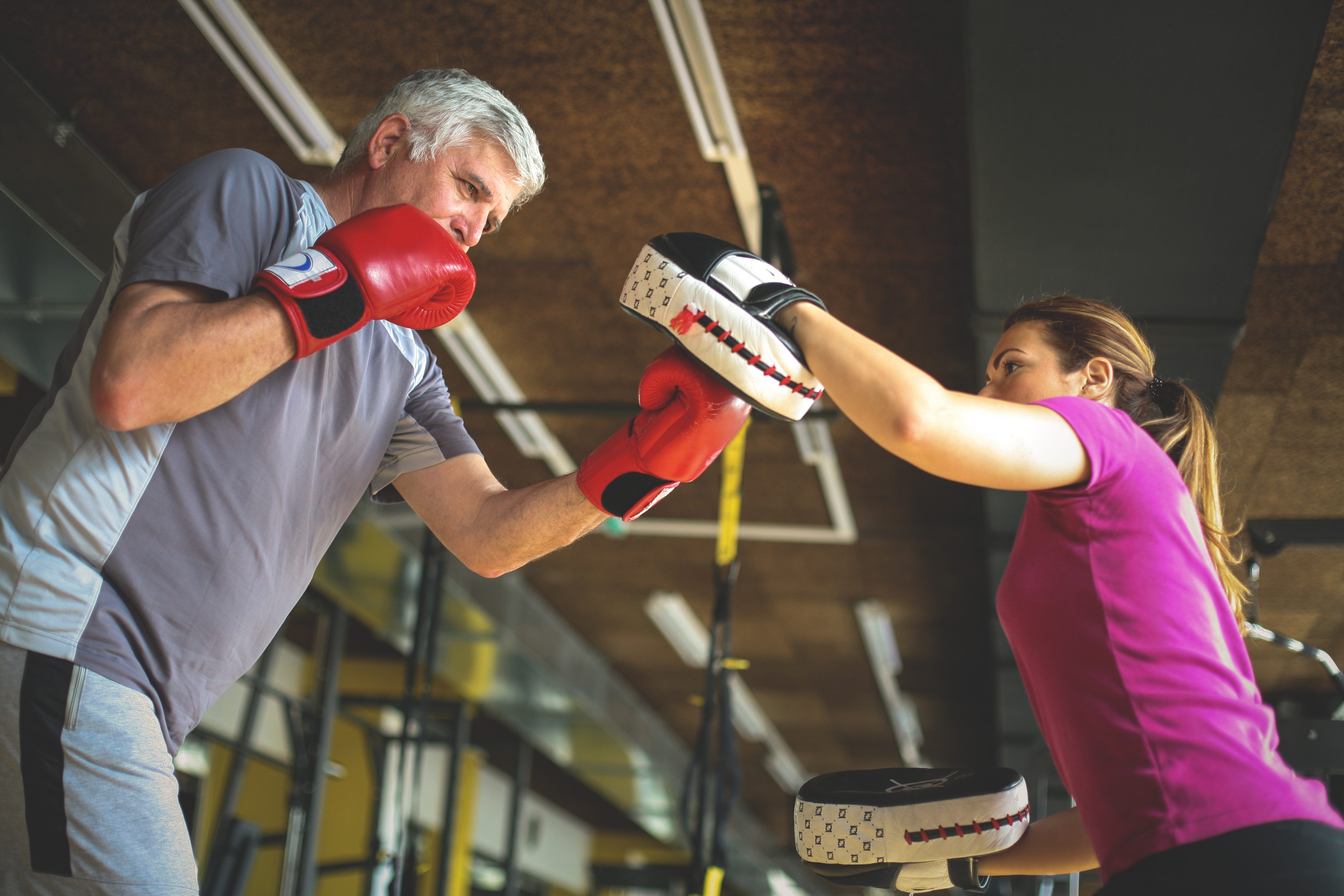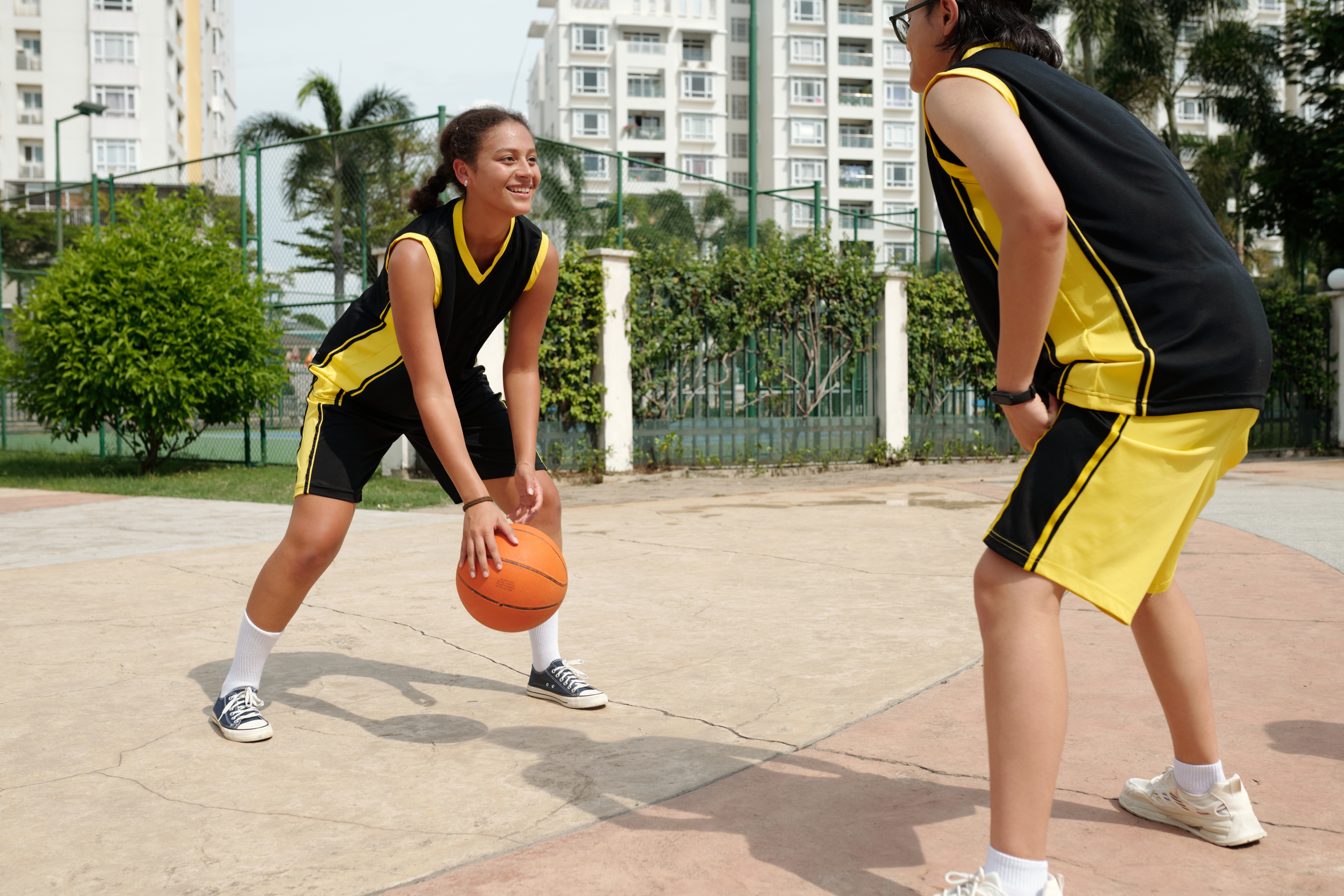Factors influencing the decision to coach
Many factors can influence whether someone chooses to become a coach, but one surprising factor may be their birth date. New research found that, after 1980, individuals born earlier in the year were more likely to coach minor hockey than those born later. Building confidence and skills in those born later in the year may…
Training models for extended career athletes
Elite athletes are competing at older ages, but advancing age can challenge peak performance. A training model for extended-career athletes should balance age-related decline with expertise, incorporating strength training, individualized load management, injury prevention, and tailored recovery protocols. Monitoring and avoiding large training load peaks are essential for sustaining performance and promoting long-term health.
Early sport participation boosts kids’ wellbeing and academic success
Participating in organized sport during early childhood can boost Canadian students’ mental well-being and academic success. A study of nearly 2,000 children in Quebec found that regular physical activity from ages 6 to 10 led to better emotional health, school performance, and healthier lifestyle choices by adolescence. Early involvement in sport fosters long-term development and…
Preventing eating disorders among young athletes

Introduction Adolescence is a pivotal stage marked by increased vulnerability to the development of body image concerns, disordered eating, and eating disorders. For adolescents involved in sport, where they may face pressure to conform to a certain body type to progress and achieve success, the risk may be even more pronounced. Consider some of the…
What Masters-level sports can learn from the Invictus Games

This week, the Invictus Games returned to Canada, with an incredible 8 days of adaptive sports that bring together service members and veterans from across the globe. This isn’t just another sporting event. The Invictus Games are an international sport competition that seeks to harness the power of sport to promote the recovery of service…
Chasing dreams at any age: Confessions of a Masters athlete

For Masters athletes, the finish line isn’t a signal to stop, it’s an invitation to continue, proving that age isn’t the end of the race but just another part in the journey of sport. Staying active throughout life is essential for maintaining both physical and mental well-being. In fact, regular physical activity not only improves…
Coaching Masters athletes: Innovative workshops bridging the gap in adult sport education

Masters athletes, typically aged 35 and above (although different sports have different entry ages into masters sport), often surpass the peak performance years of their sport. Despite this, Masters athletes participate in rule-governed, organized sport activities that require formal registration and vary in intensity and competitiveness. Interestingly, while many adults hesitate to label themselves as…
Cirque du Soleil: Bridging the gap between athletes and artists

Cirque du Soleil is renowned for its breathtaking performances, combining artistry, athleticism, and storytelling to create unparalleled spectacles. But how does this world-class organization find and transform its talent? André Lachance, Senior Director Casting and Artist Contract Management at Cirque du Soleil, shared insights into the fascinating process of talent acquisition and development, where elite…
Beyond the Stats: Understanding Sleeper Athletes with Dr. Joe Baker

In a sports culture obsessed with early success, Canada may be missing out on some of the best athletes, sleepers, those who develop later, defying the traditional timelines of talent. Dr. Joe Baker, a leading expert on talent development and professor in the Faculty of Kinesiology and Physical Education at the University of Toronto, says…
Putting mental health and performance at the heart of athlete development

Many different factors need to be considered to provide optimal development experiences for athletes. The supports and skills needed to promote lifelong sport engagement and the potential to achieve high performance go beyond the physical and sport-specific. In fact, the knowledge, attitudes, attributes and skills that promote athletes’ mental performance, mental health, relationship quality, and…